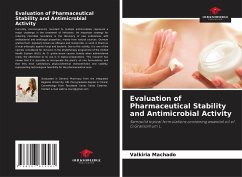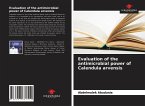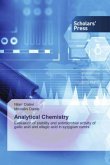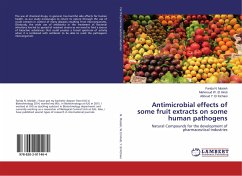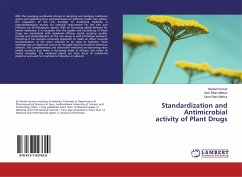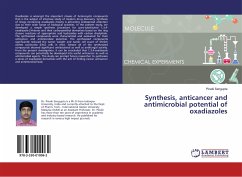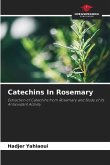Currently, microorganisms resistant to multiple antimicrobials represent a major challenge in the treatment of infections. An important strategy for reducing microbial resistance is the discovery of new substances with antibacterial and antifungal properties, mainly from natural sources. Ocimum gratissimum, popularly known as alfavaca and manjericão, is used in Brazil as a local antiseptic against fungi and bacteria. Due to this activity, it is one of the species considered for inclusion in the phytotherapy programme of the Unified Health System (SUS). As O. gratissimum causes toxicity when administered orally, the alternative to its use is in topical preparations. This research has shown that it is possible to incorporate the plant's oil into formulations and that they have satisfactory physicochemical characteristics and stability, representing technological feasibility for the pharmaceutical area.
Bitte wählen Sie Ihr Anliegen aus.
Rechnungen
Retourenschein anfordern
Bestellstatus
Storno

